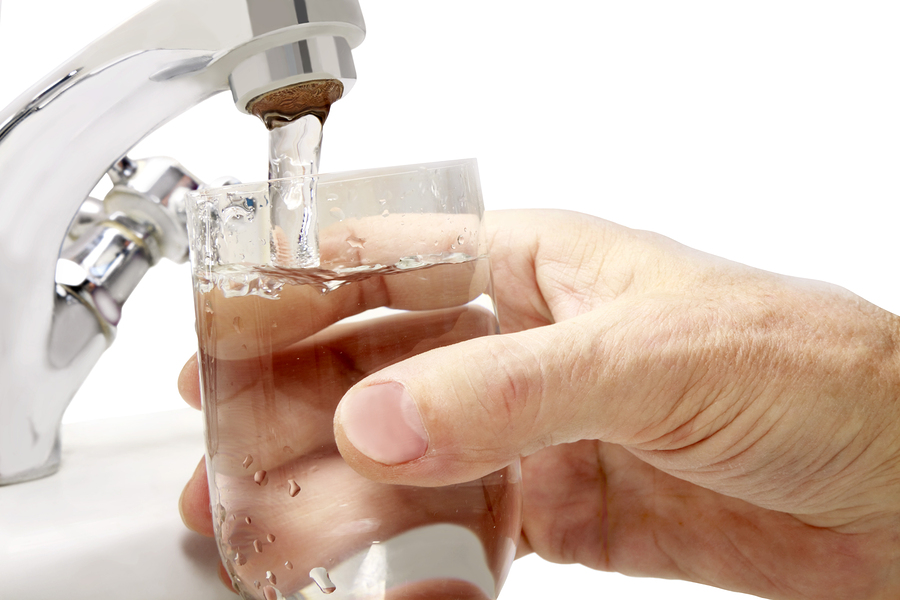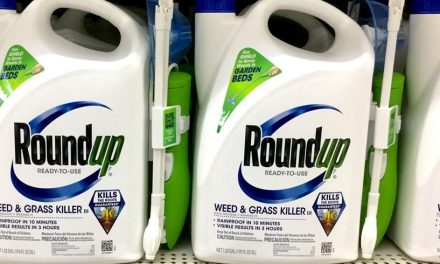A recent study published in the journal Environmental Health Perspectives, to date the largest and longest study evaluating fluoride exposure and its impact on the developing brain, found that increased levels of prenatal fluoride exposure might be associated with lower cognitive function in children.
RELATED ARTICLE:
“nearly 300 sets of mothers and children in Mexico and tested the children twice for cognitive development over the course of 12 years. Fluoride is not added to public water supplies in Mexico, but people are exposed through naturally occurring fluoride in water and fluoridated salt and supplements.
The study found a drop in scores on intelligence tests for every 0.5 milligram-per-liter increase in fluoride exposure beyond 0.8 milligrams per liter found in urine. However, although the researchers found a potential connection to a child’s exposure to fluoride in utero, they found no significant influence from fluoride exposure on brain development once a child was born.” 1
RELATED ARTICLE:
When mineral content leaches from your teeth its called demineralization and it’s this process that actually causes cavities. But during the process of remineralization, the damaged area is “healed.” Therefore, if we want fewer cavities we need to create the best conditions for remineralization to take place. Enter fluoride. A known neurotoxin.
RELATED ARTICLE:
But, there are ways to help with the remineralization process beyond fluoride.
A big thank you to the blog Natural Living Ideas, who outline a couple ways we can do just that:2
1. Ditch Sugar and Sodas- when starchy or sugary foods (think milk, sodas, dried fruits, cakes, candy) are left on the teeth bacteria can thrive and multiply, producing the acid that destroys tooth enamel.
2. Reduce Phytate Intake- Phytates, or phytic acid, are substances found in grains, beans, lentils, soy, nuts, and seeds and a diet high in phytic acid can cause mineral deficiencies. As in all areas of life, balance is needed. You don’t necessarily have to stop eating all grains, but watch your intake. Soaking your beans and nuts before consuming them helps, too.
3. Increase Vitamin and Mineral Intake
4. Eat Teeth Friendly Foods- crunchy fruits and vegetables like apples, pears, celery, raw carrots, and cucumber have a high water content which helps to dilute the potential effects of the sugars they contain. They also stimulate the production of saliva, which also helps guard against decay.
5. Kill Cavity-Causing Bacteria- by brushing at least twice a day and flossing regularly you’ll remove the plaque that feeds acid-producing bacteria. You can also oil pull!
6. Use a Remineralizing Toothpaste- or make your own!
7. Address Heartburn and Acid Reflux- acid reflux can damage teeth even more than sodas, energy drinks, and other foods.
8. Fix a Dry Mouth- saliva is incredibly important for a healthy mouth and the process of digestion because it helps kill bacteria. It also contains the proteins and minerals needed to protect tooth enamel and prevent decay, gum disease, and bad breath.












